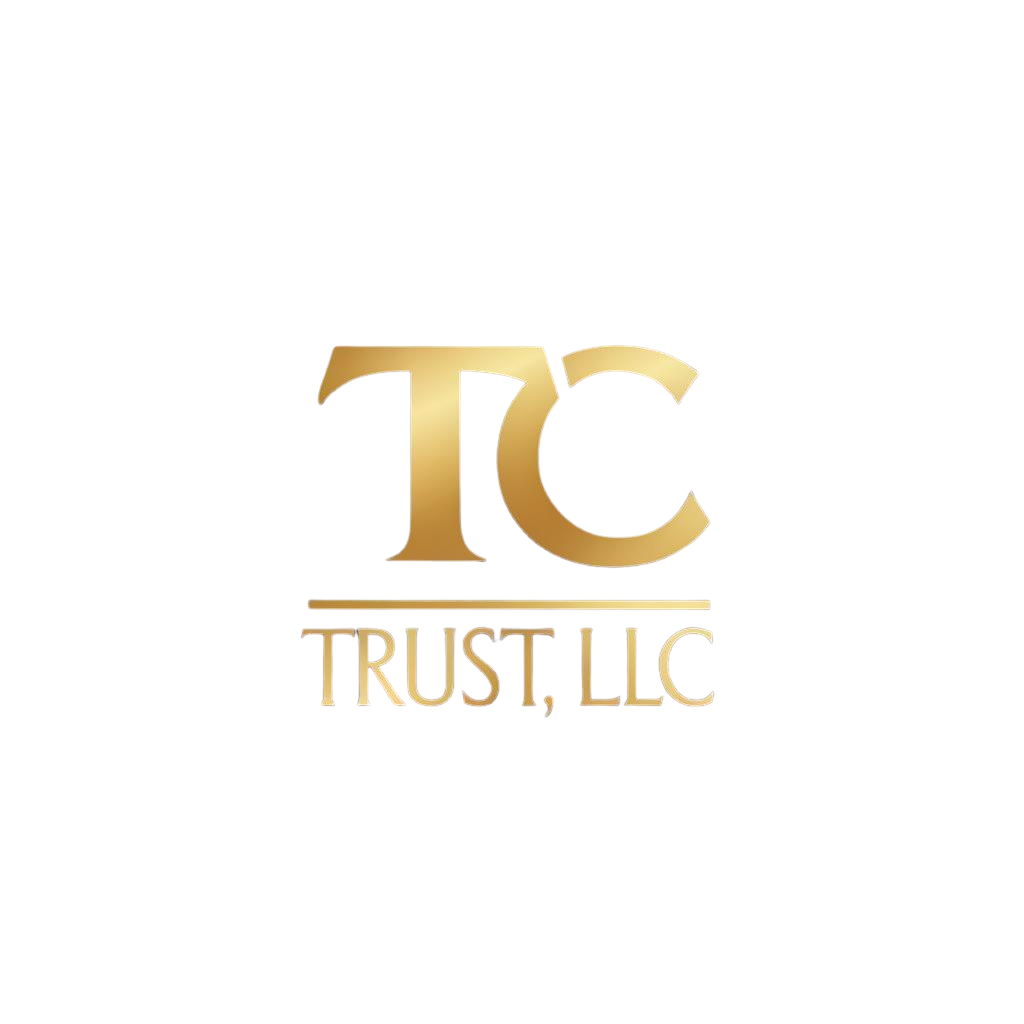Starting your own Limited Liability Company (LLC) is an exciting milestone, full of ambition and challenges. From creating a business plan to securing your first customers, there’s always something on your to-do list. One of the most important considerations for any new business owner is managing finances and protecting your business through banking and insurance. These two pillars form the backbone of a company’s financial stability and risk management.
This comprehensive guide will explain the essentials of business banking and insurance for LLC owners. We’ll also explain your responsibilities, making it easier for you to focus on growing your business. Whether you’re new to entrepreneurship or looking for a clearer understanding of these critical areas, this 101 session is designed just for you.
Understanding the Importance of Business Banking and Insurance
As an LLC owner, you’ve already taken a wise step by choosing a business structure that separates your personal and company assets. While legal structure is essential, it’s not the only factor in ensuring protection for your business and yourself.
- Business Banking ensures you can effectively manage your company’s cash flow, revenue, and expenses. It also helps you remain compliant with tax laws.
- Business Insurance provides a safety net, shielding you from financial losses from accidents, lawsuits, or natural disasters.
Both banking and insurance are critical for keeping operations running smoothly and mitigating risks that could otherwise derail your business. Let’s examine these pillars more closely.
Part 1: Business Banking Basics for LLC Owners
Establishing a business bank account isn’t just a formality—it’s essential to maintaining financial transparency and professionalism.
Why You Need a Business Bank Account
As an LLC owner, having a separate business bank account offers several key benefits:
- Legal and Financial Separation: You maintain your LLC’s limited liability protection by separating personal and business finances. Mixing the two can jeopardize that protection.
- Organization: When finances are categorized, it’s easier to track expenses, manage income, and plan budgets.
- Tax Compliance: A dedicated account helps you accurately report income and deductions to the IRS.
- Professional Image: Paying vendors and employees through a business account adds credibility to your company.
- Loan Approval: If you need financing in the future, lenders are more likely to approve loans if you have an established business account.
Steps to Open a Business Bank Account
Opening a business bank account for your LLC is straightforward, but preparation is key. Here’s what you’ll need:
- Your LLC’s Articles of Organization: This official document proves your LLC has been registered with the state.
- Employer Identification Number (EIN): This is a unique tax identification number you can obtain for free from the IRS.
- Ownership Agreement: Some banks require documentation to clarify who owns the LLC and who can open accounts on its behalf.
- Business Licenses: Depending on your industry, you may need to show specific permits or licenses.
- Initial Deposit: Many banks require an opening deposit, so check minimum balance requirements beforehand.
Choosing the Right Business Bank
Not all banks are created equal. For new LLC owners, look for these key features when selecting a banking partner:
- Low fees: Avoid accounts with high monthly maintenance costs unless they offer significant benefits.
- Essential tools: Services like online banking, mobile apps, and payroll integration can save you time.
- Customer support: Reliable and responsive customer service is essential, especially for small business owners unfamiliar with banking processes.
- Lending options: If you anticipate needing loans or lines of credit, build a relationship with a bank that offers favorable terms.
- Specialized accounts: Some banks provide tailored accounts for LLCs, startups, or small businesses, complete with perks like free transactions or business workshops.
Part 2: Business Insurance Essentials for LLC Owners
While business banking is about managing your money, business insurance is about protecting it. Even with the best-laid plans, unforeseen circumstances can lead to costly disruptions. Business insurance safeguards your LLC’s financial health.
The Importance of Business Insurance
Here’s why insurance is non-negotiable for every LLC:
- Risk Management: Insurance protects you against liabilities, accidents, and damages resulting in costly lawsuits or compensation claims.
- Credibility and Contracts: Many clients or partners may require you to be insured before doing business with your company.
- Peace of Mind: Knowing your business is protected helps you focus on growth without fearing unpredictable setbacks.
Types of Business Insurance for LLCs
Several types of insurance are vital for protecting your LLC. Let’s explore the key ones:
- General Liability Insurance:
- Covers legal claims for bodily injury, property damage, or advertising mistakes.
- It is essential for businesses that interact with customers, vendors, or the public.
- Professional Liability Insurance:
- Also known as errors and omissions (E&O) insurance.
- Protects service-based businesses from mistakes or negligence in their professional advice/work.
- Business Owner’s Policy (BOP):
- A bundled policy includes general liability insurance and property insurance.
- Offers comprehensive coverage at a lower premium.
- Workers’ Compensation Insurance:
- A legal requirement in most states if you have employees.
- Covers medical expenses and lost wages in case of employee injuries.
- Commercial Property Insurance:
- Protects your office, equipment, inventory, and physical assets from theft, fire, or natural disasters.
- Cyber Liability Insurance:
- This policy covers losses from data breaches, hacking, and other cyber threats in today’s digital age.
- Commercial Auto Insurance:
- Covers vehicles used for business operations, including delivery cars or trucks.
How to Choose the Right Insurance Provider
When selecting an insurance company, consider the following:
- Industry expertise: Insurers who specialize in your industry understand your unique risks.
- Reputation: Look at customer reviews, claims processes, and financial stability.
- Customizable policies: Your insurance needs may vary, so opt for providers that offer tailored solutions.
- Cost vs. Coverage: Striking the right balance between premium affordability and comprehensive coverage is essential.
Bringing It Together: Banking and Insurance Best Practices
As a new LLC owner, balancing your banking and insurance requirements might initially feel overwhelming. But with the right approach and planning, you can create a solid financial and risk management foundation for your business.
Here are some quick tips to simplify the process:
- Create a Budget: Budget for banking fees and insurance premiums and make timely payments to maintain your policies and accounts.
- Use Accounting Software: Modern accounting tools often integrate with business bank accounts, simplifying bookkeeping and tax filing.
- Review Annually: Reevaluate your insurance needs and banking solutions every year. As your business grows, your risks and requirements will evolve.
- Consult Experts: Don’t hesitate to seek help from business advisors, accountants, and insurance brokers.
Conclusion: Why Banking and Insurance Are Worth the Investment
Establishing a strong foundation with business banking and insurance is one of the smartest investments you can make as an LLC owner. Not only do they help you manage finances and mitigate risks, but they also give you the confidence to chase your entrepreneurial dream without hesitation.
Choosing the right bank and insurance provider prepares you for long-term success and resilience. So, as you tackle your next big business challenge, take a moment to assess how these financial safeguards can support your journey.
Remember—your business is more than just an idea. It’s your livelihood, your passion, and your legacy. Protect it well, and it will thrive!

